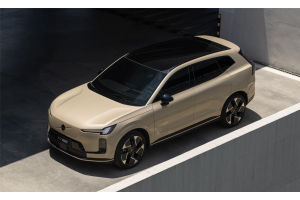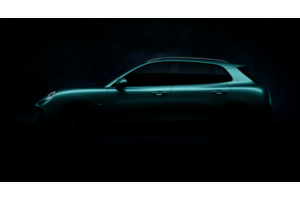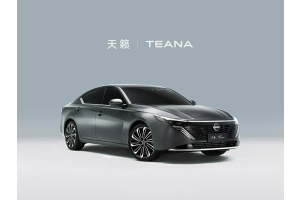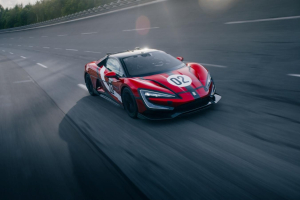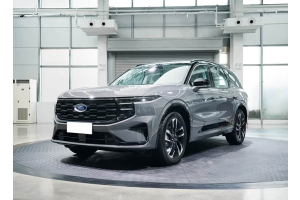2024 Global Auto Sales: Chinese Brands BYD & Geely Break Into Top 10

2024 Global Auto Sales Analysis: Chinese Brands Rise to Prominence
The 2024 global automotive sales rankings have been officially released, revealing the remarkable growth of Chinese automakers. Breakthrough performances by BYD and Geely signal a profound transformation in the global automotive landscape.
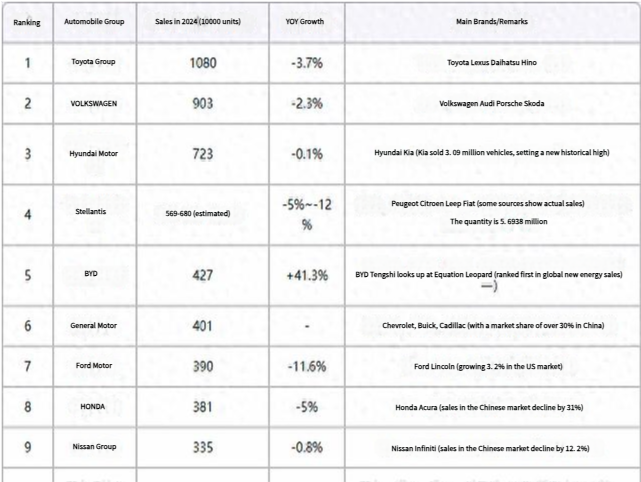
Global Automotive Sales Rankings Overview
The 2024 global sales rankings present the following landscape:
- Toyota Motor Corporation (including Toyota, Lexus, Daihatsu, Hino) maintains its global leadership with 10.8 million vehicles sold
- Volkswagen Group (VW, Audi, Porsche, Skoda) ranks second with 9.03 million units
- Hyundai-Kia Automotive Group takes third place with 7.23 million vehicles
- Stellantis (Peugeot, Citroën, Jeep, Fiat) secures fourth position with 6.5-6.8 million units
- BYD Group makes dramatic progress to rank fifth globally
- General Motors (Chevrolet, Buick, Cadillac) places sixth with 4.1 million vehicles
- Ford Motor Company (Ford, Lincoln) ranks seventh with 3.9 million units
- Honda Group (Honda, Acura) takes eighth position with 3.81 million
- Nissan Group (Nissan, Infiniti) places ninth with 3.35 million
- Geely Group (Geely, Volvo, Zeekr, Lynk & Co, Polestar, Lotus) breaks into global top 10 for the first time with 3.33 million vehicles sold
Breakthrough Performances by Chinese Brands
BYD's Remarkable Ascent
BYD's 2024 performance stands out particularly, surging to become the fifth largest automaker globally, surpassing traditional giants like Nissan, Honda, Ford, and General Motors. This achievement establishes BYD not just as a Chinese market leader but as a major global automotive force.
BYD's success stems from its deep commitment to new energy vehicles and continuous technological innovation. Breakthroughs like their megawatt-level flash charging technology demonstrate the company's strong R&D capabilities - a key factor in its global market differentiation.
Geely's Strategic Growth
Geely Group's entry into the global top 10 with 3.33 million annual sales marks another significant milestone for Chinese automakers. Through its multi-brand strategy encompassing Geely, Volvo, Zeekr, Lynk & Co, Polestar, and Lotus, Geely has successfully established its global market presence.
Geely has effectively leveraged synergies with Volvo to achieve notable safety technology advancements while enhancing market competitiveness through sub-brands like Zeekr and Lynk & Co. The strong performance of its Galaxy series also demonstrates Geely's product innovation capabilities.
Challenges Facing Traditional Automakers
While Toyota, Volkswagen, and Hyundai-Kia continue to lead global sales rankings, they face unprecedented pressure from Chinese brands, particularly in China - the world's largest automotive market.
Joint venture brands like Volkswagen, GM, and Nissan that once dominated the Chinese market are seeing continuous market share erosion. This forces these traditional giants to accelerate their transformation, particularly in new energy vehicles and smart driving technologies.
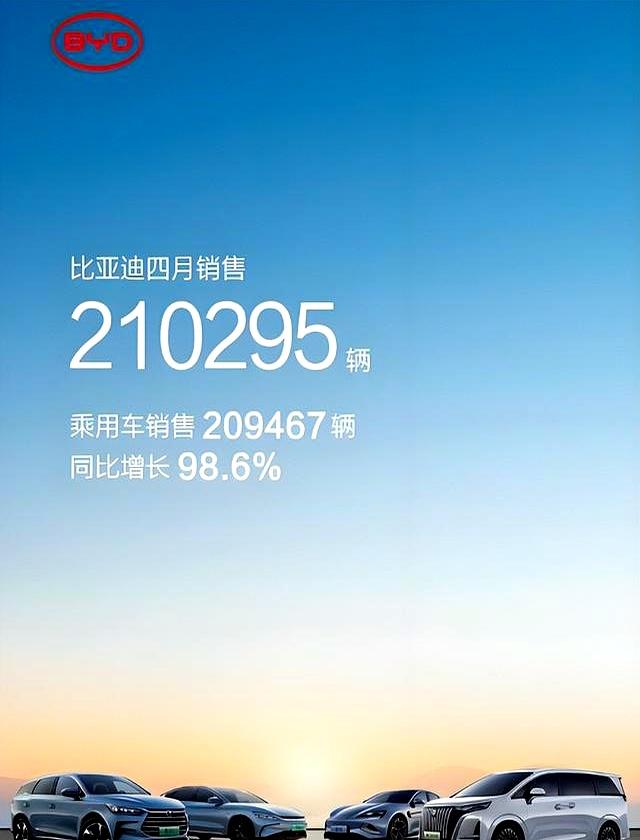
Globalization Strategy of Chinese Automakers
Chinese automakers are no longer content with domestic success but are actively pursuing globalization strategies. With nearly 5 million vehicles exported in 2024, China's automotive industry demonstrates strong international competitiveness.
Companies like BYD are establishing overseas factories and implementing comprehensive global strategies. In markets like Thailand and Singapore, Chinese NEVs already lead sales charts.
Future Outlook
The coming years will be crucial for the continued development and transformation of China's automotive industry. Technological innovation, market expansion, and brand building remain key focus areas.
The global automotive competition has shifted to new energy vehicles and smart driving technologies. Chinese automakers' advantages in supply chain integration and cost control position them favorably in this global race. However, to ultimately prevail, Chinese brands must continue refining their market trend anticipation, technological iteration, and consumer needs fulfillment.
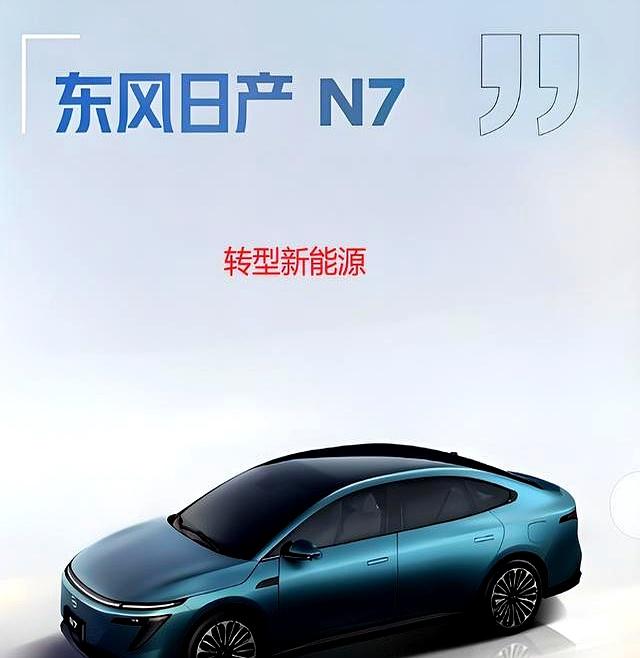
As the ancient Chinese poet Li Bai wrote: "A time will come to ride the wind and cleave the waves, I'll set my cloud-white sail and cross the sea which raves." The rise of Chinese automotive brands heralds a new era, and we can reasonably expect even greater achievements on the global stage.




